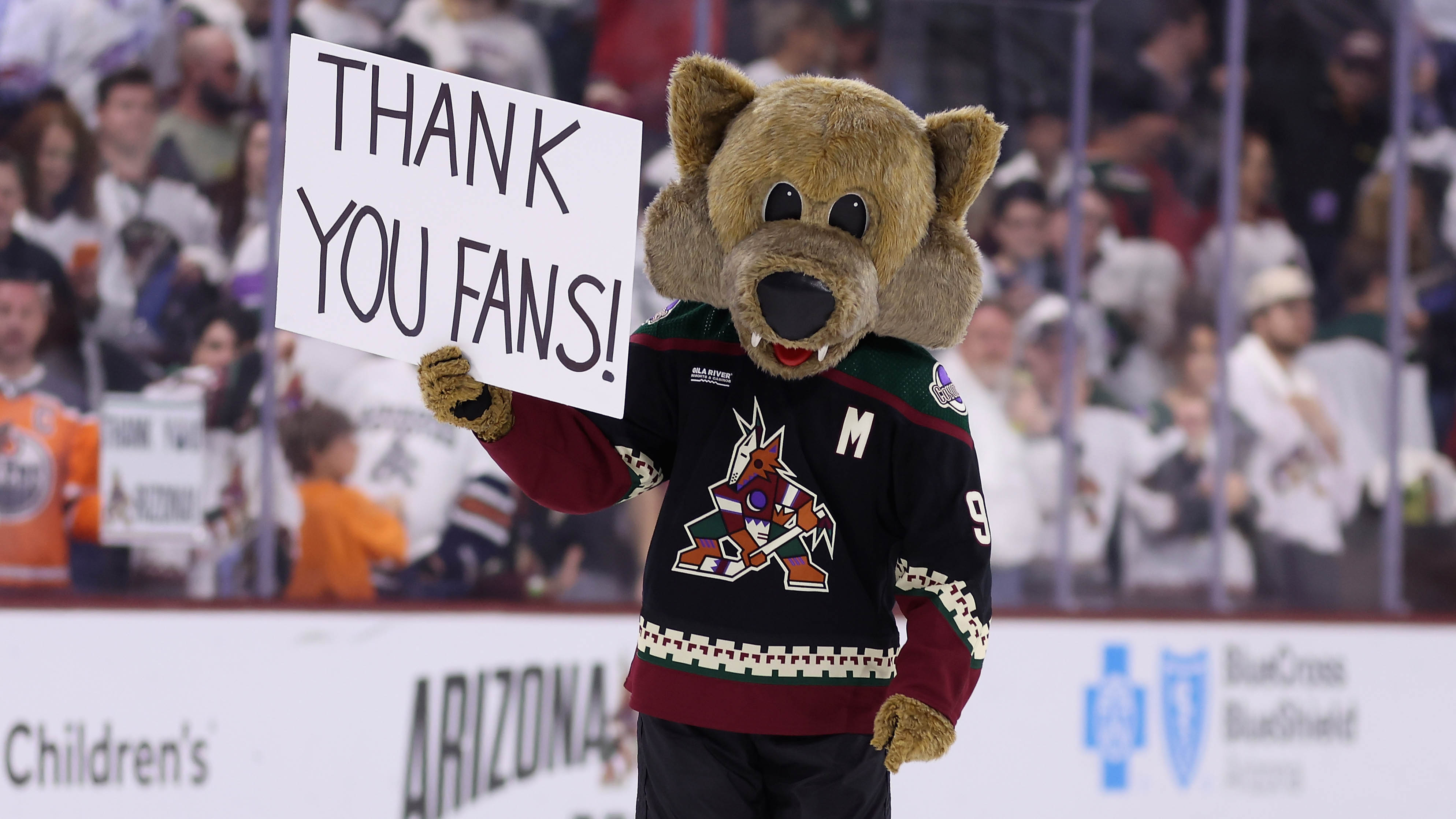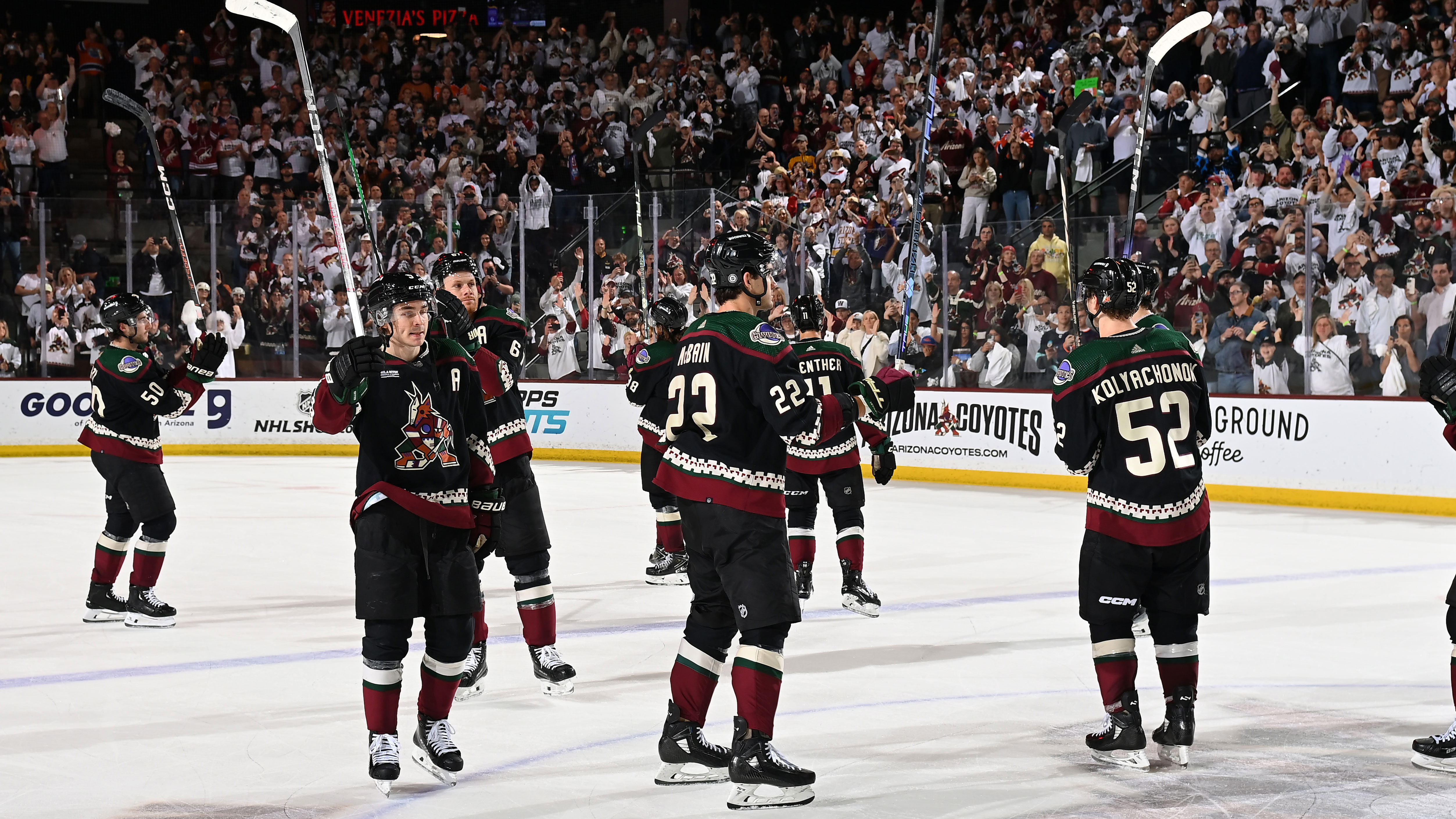When Jeremy Colliton took over for Joel Quenneville as head coach on Nov. 6, 2018, the Blackhawks overhauled their defensive system on the fly by going from zone coverage to a man-on-man structure that eventually eased into a "man and a half" because of the early growing pains.
It took a long time for the Blackhawks to adjust to a new system, particularly the veterans who won three Stanley Cups under Quenneville and had played one way for a decade. Duncan Keith admitted as much in an interview with the Spittin' Chiclets crew in October of 2019 where he shared his honest thoughts regarding the transition.
"[Quenneville] allowed us to play the game and not overthink it, you know?" Keith said. "I think sometimes the way it is now, it seems like every little situation is already played out for you, laid out for you, how to play it when, to me, hockey is, you've got to be able to read and react and think quickly and be natural out there."
When Colliton was relieved of his head coaching duties exactly three years later, Derek King took over on an interim basis and changed up some things on defense, most notably instructing their defensemen not to chase a skater all the way up to the blue line and instead fall back to protect the house. It was more of a tweak, however, as opposed to a system revamp, the latter of which King could look to do if the interim tag is removed.
The Blackhawks expect to hire a permanent head coach by early-to-mid-July, but it sounds like GM Kyle Davidson is open to a system change, even though he will leave that decision entirely up to the coaching staff.
"It's a good question, and it's something that I've given a lot of thought to," Davidson said in his end-of-season press conference. "In general, I don't have a specific system that I would prefer they play because, in the end, that's a coaching decision. It will be a discussion with the front office as well but as a general comment, I think simplicity is sometimes better.
"If you know what exactly you're in charge of and you're not having to move around the zone more than you have to, it's just easier on everyone if things are simplified and there's less thinking out there and a little more reacting. I think that's a lot easier on the players.
NHL
"We play some really great teams and some really great players, and when you're having to think at a high speed against some of the best players in the world, it's not going to go well for you. And that goes for any team. So I think there's some things we can do to make life easier on our players in the defensive zone, and that's something we'll look to make changes on as we head into next season."
Most NHL teams have started to play some version of man-on-man. The problem is, the Blackhawks haven't had the personnel to run that system effectively over the last several years and it's made the challenge even tougher.
Seth Jones acknowledged the system was "a little foggy at times" this season for the group as a whole, and they need to get on the same page with it moving forward, no matter what system it is. But it obviously helps when the foundation isn't overly complex.
"You have to have a good system in place," Jones said. "Something that everyone understands, something that everyone is held accountable to and I think it really starts from there.
"Obviously communication is key. We had a lot of questions this year and trying to figure things out amongst the guys and amongst the coaches too. We started doing a little more video in the second half of the year, review on games, which helped us in some areas, just understanding what we need to do in certain parts of the ice every time in that situation. I think that goes in the grand scheme of systems."
The systems topic came up during Davidson's exit interviews with players, and you can bet he's taken that feedback into consideration as he decides on a permanent head coach and crafts a roster that fits the system the new staff wants to run.
Davidson is already on record saying he wants the Blackhawks to play an "up-tempo" style, so the goal is probably to find the right balance between playing a speed-type brand of hockey and having the right defensive structure in place so they can eventually have a team that can win in multiple ways. And that goes for Rockford as well.
"It was something that came up, and not surprisingly so," Davidson said. "And having a number of people around me that are former defensemen in Norm Maciver and Brian Campbell, they understand it and they see it, so it's something that we'll look at moving forward.
"And then as we look forward too with Rockford, I think it's very, very healthy and productive to have the same systems in both spots, so when a player does come up, there's that smooth transition, there's the same language and vernacular being used, that there is a seamless transition from Rockford to Chicago, Chicago to Rockford, there's no changing in tactics and you get away from that thinking again.
"So there's not the case of one weekend you're in Rockford and then on Tuesday you're in Chicago playing a totally different system that you have to learn. Just transferring those systems and maintaining that continuity from the AHL to the NHL is definitely something we're going to look to really solidify and keep in place."
Click here to subscribe to the Blackhawks Talk Podcast for free.


